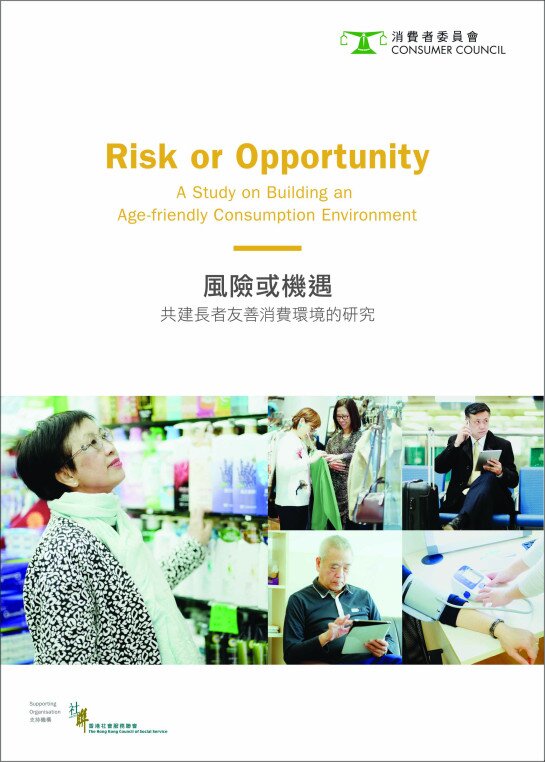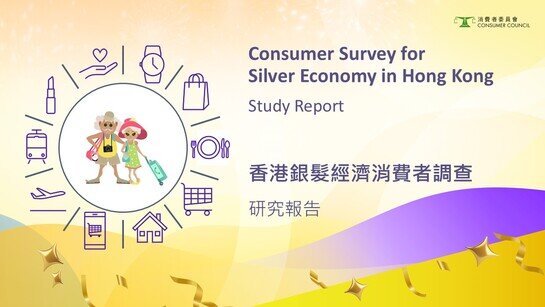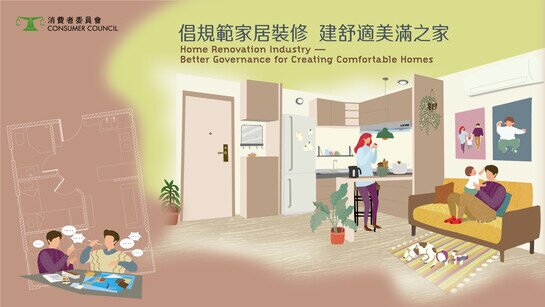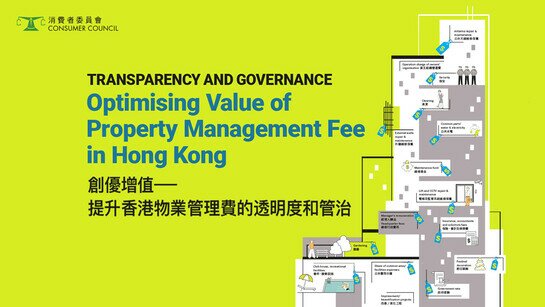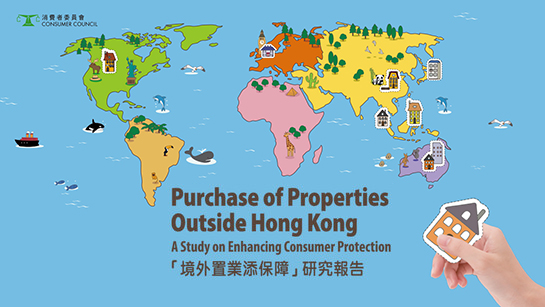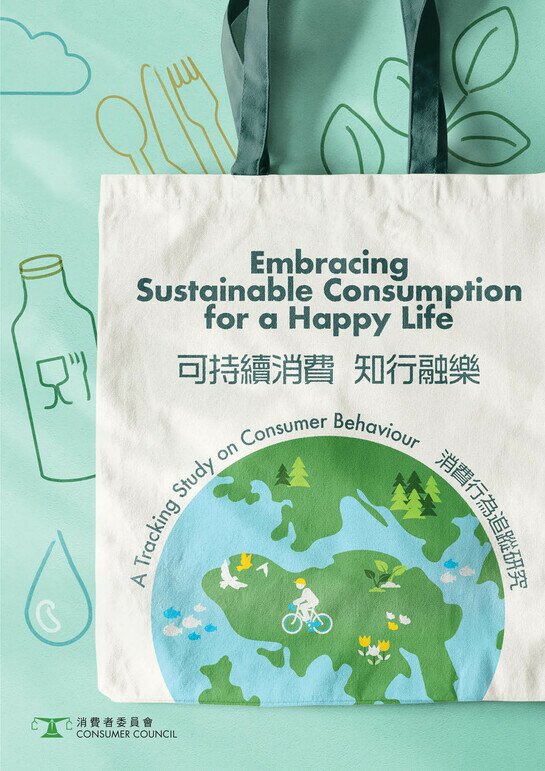The rapid expansion of ageing population in Hong Kong accompanied by increasing longevity would mean that the local elderly have been becoming an extensive consumer group. Despite the heterogeneity amongst these groups of ageing consumers, the commonality is the functional decline along ageing process. Physical or cognitive deterioration would make elders vulnerable to unfair trade practices. Elders suffering from emotional or social distress can be an easy prey for unscrupulous traders, thus, there appears to be a global trend that governments are paying increasing attention to the protection of vulnerable ageing consumers.
The Consumer Council finds the creation of an age-friendly consumption environment in Hong Kong imminent given the rapid expansion of ageing population. It is high time that the society as a whole should engage in active dialogue and join hands to develop a friendly market environment for the ageing consumers.
To stimulate the discussion, the Council produced this Report. It analyses the findings from a survey, focus group discussions and desk research on overseas age-friendly initiatives and the complaints lodged by ageing consumers with the Council; and concludes with recommendations to protect ageing consumers and promote their well-being through empowering them with cross-sector collaboration and governmental initiatives.
Major findings
Ageing consumers are generally active and socialized, as reflected by their top three commonly consumed recurrent items, including transportation, dining out and telecommunications, and their top three commonly consumed non-recurrent items, including entertainment/leisure activities, festive/birthday expenses and other gifts. These items constituted a substantial share of their aggregate expenditure. Travel, though not at the top of the list, constituted the largest share of the ageing consumers’ aggregate expenditure on the non-current consumption items.
However, vast majority of the ageing consumers (71.7%) opined that there were insufficient choices of suitable goods/services in the market to cater to their needs. It was also found that 38.7% of the older consumers encountered unpleasant experiences in consumption for various reasons in the 12 months preceding the survey and more than a quarter (28.9%) of them had even encountered the unpleasant experience related to or might be related to unfair trade practices
The survey has explored the respective associations between the demographic and psychographic characteristics of ageing consumers and their chance of encountering events leading to the unpleasant experience related or might be related to unfair trade practices. For the purpose of analysis, four types of vulnerabilities were categorized and defined in terms the ageing consumers’ physical, emotional, cognitive and mobility conditions. It was found that when an ageing consumer had one vulnerability, the likelihood of encountering would increase by 99%. The likelihood would further increase by 99% points, making the chance to about two-fold (198%) if one had multiple vulnerabilities.
Poor ICT literacy and information inadequacy are major barriers depriving them from better choices. Besides, they were not keen on seeking redress or file complaints when having encountered unpleasant consumption experience. They would seek help or advice from people around them, e.g. family members, friends, neighbours.
Recommendations
With reference to the overseas experiences, coupled with findings from the study, the Council put forward the following recommendations:
- The Government has a pivotal role in developing an age-friendly consumption environment
- Concerted efforts of various stakeholders, including NGOs, academia, community groups and media, are essential to empower ageing consumer for their fair and active participation in the market
- Businesses should support the Government to enhance traders’ age-friendly awareness and to make them age-friendly
- Increase diversity of quality goods and services for ageing consumers
The Council hopes that this Report and its recommendations will facilitate public contemplation and discussion on how the society should respond to accommodate the coming of a silver economy from the consumer perspective and in such a way an age-friendly consumption environment can be developed timely, empowering the ageing consumers and increasing their confidence to the marketplace, eventually building a robust and healthy silver economy for Hong Kong.
The Full Report can be downloaded from here.



